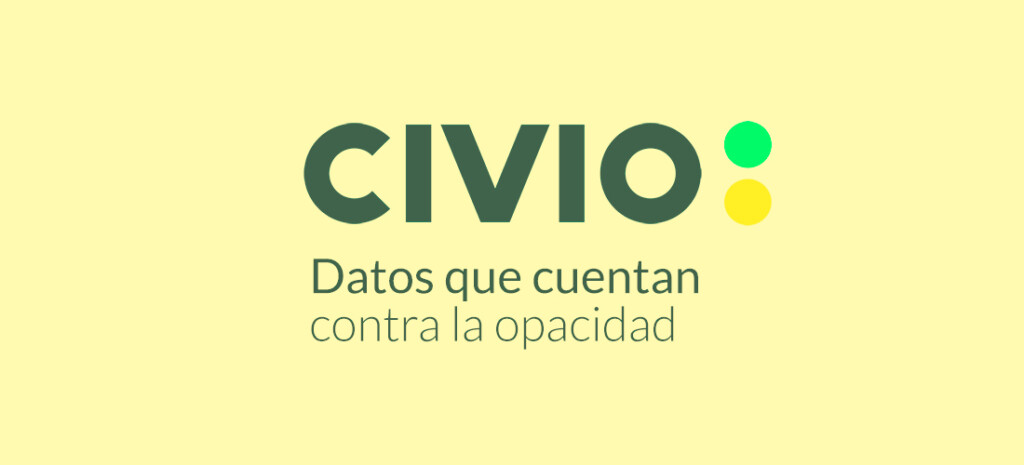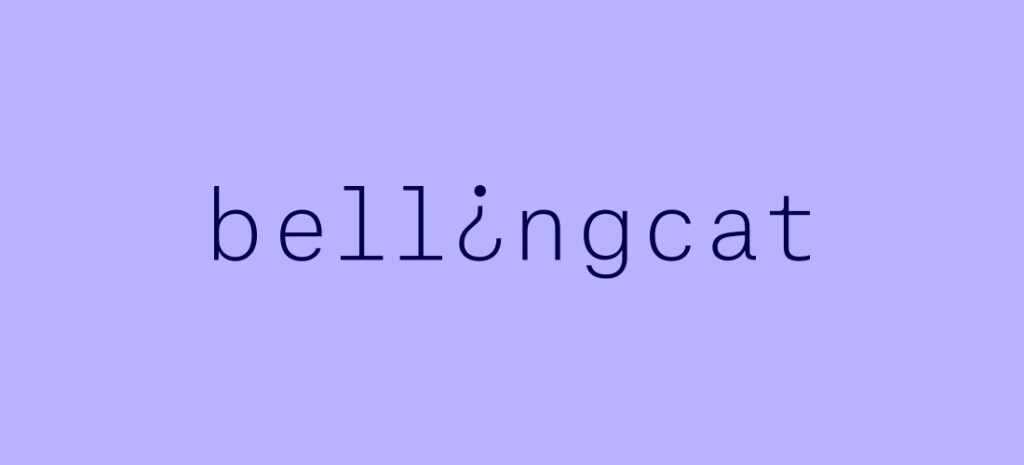Collaborative and Investigative Journalism
This category includes collaboration between news organizations, at national and international level, for the development of major journalistic investigations that require substantial personal and technical resources for their production and distribution. This is an innovation because journalism has traditionally been characterised by an individualistic culture of protecting exclusives, even at the intra-organisational level. Journalistic collaboration breaks with these dynamics and has made it possible the development of valuable news work with a social impact

Dossier, founded in 2011, is a non-profit, independent medium specializing in investigative (data) journalism. International collaboration is essential and a fixed component of the research work for detailed dossiers on global criminal networks and machinations. Dossier is published online and, since 2019, also as a quarterly print magazine focusing on analysis of nationally powerful companies, parties and media and corruption scandals. It refrains completely from advertising to guarantee its journalistic independence. The editorial team that consists of 11 persons (2023) finances itself through various user-related business models
Austria | Digital natives

The Süddeutsche Zeitung (SZ) can be considered a pioneer when it comes to conducting international investigative journalistic research projects. The investigative journalists have been working on international projects since 2012. Today, the Panama Papers are among the best-known and most elaborate investigative projects. It was initiated by the two SZ journalists Frederik Obermaier and Bastian Obermayer, who were awarded the Pulitzer Prize for their research in 2017. More than 400 journalists around the world were involved in the Panama Papers.
Germany | Legacy media

Civio is a media initiative committed to the control of government and public authorities founded in 2012. In 2015, Civio began forming short-term partnerships for its projects with international media outlets with a similar philosophy, such as Correctiv in Germany. Since then, international collaboration has become a foundation of the work of the Civio team which today consists of about 10 people. In 2019, Civio joined as one of very few news outlets in Spain the European Data Journalism Network (EDJ).
Spain | Digital natives

The Research Desk at Tamedia media company is the editorial department that edits and publishes major investigative leaks stories. The team is bicultural and bilingual (French-speaking Switzerland and German-speaking Switzerland) and aims at publishing lighthouse stories that no other medium in Switzerland could produce. According to the publisher, the Research Desk one of the most important company innovations ever
Switzerland | Legacy media

Bellingcat is a collaborative network about investigative journalism that was created in 2014 by Eliott Higgins. It became famous thanks to an important investigation into weapon traffic in Syria. It is based on open-source investigations by journalists, often in collaboration with citizens and citizen journalists. Bellingcat’s aim is both to offer open-source investigations, but also to teach and instruct people on how to do open source investigations – in particular regarding data and material originating from social media
United Kingdom | Digital natives
